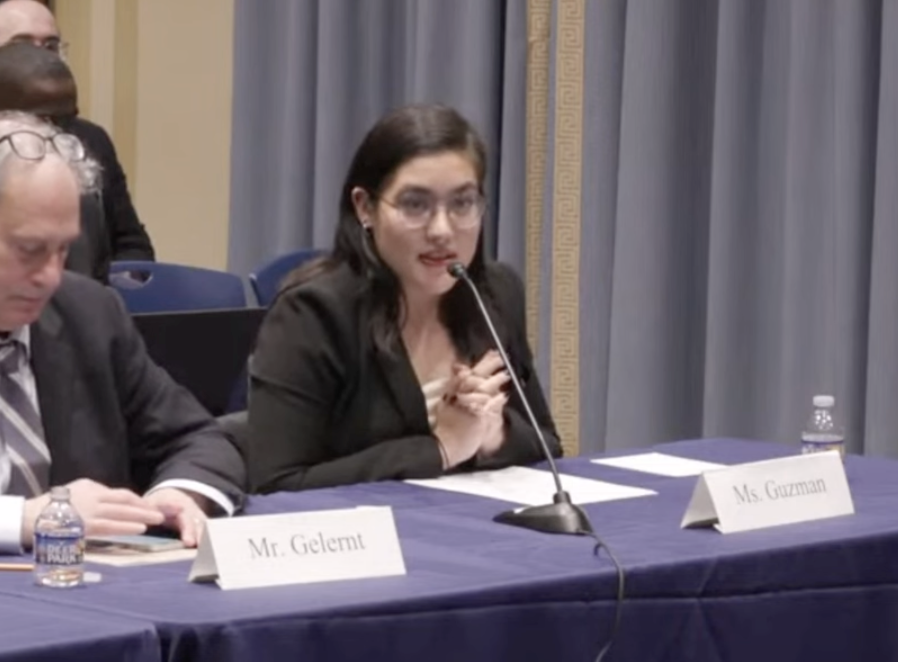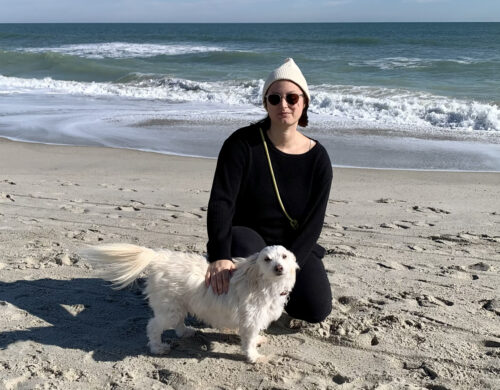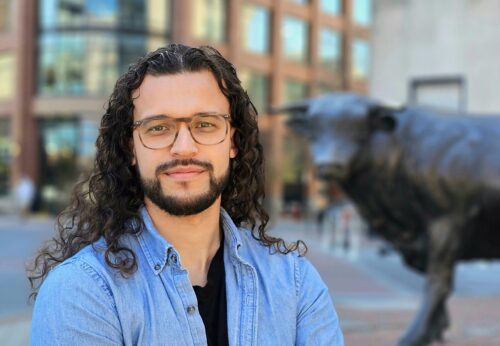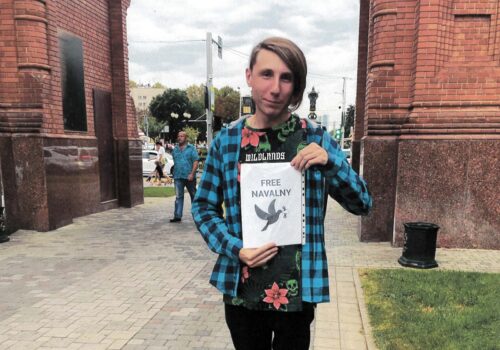In February 2025, a Venezuelan-American lawyer named Beatriz received an order from the Interior Department to the nonprofit where she worked: stop all work.
Beatriz represents unaccompanied minors: children who are going through immigration proceedings without their parents. These youngsters can be quite vulnerable. They may be living with family members, placed in foster care, or held at detention centers. Some are as young, or younger, than Beatriz herself was when she came here undocumented at the age of eight after her family fled increasing violence and political persecution in Venezuela.
After seeing her parents sit through countless meetings with immigration lawyers, Beatriz headed to law school in the hope of using her own experiences to help others. “I know how terrifying it is to be a child, alone and unable to speak English, trying to deal with authority figures,” says Beatriz, who is now a citizen. “That’s why I became a lawyer, to bring some empathy to that process.”
The stop-work order disrupted that effort. “It came completely out of the blue—suddenly, everything changed,” Beatriz says. Federal contracts were canceled, and across the country organizations like Beatriz’s were forced to reduce headcount. “For those of us left, it was all hands on deck,” Beatriz says.
While the stop-work order was later rescinded, legal fights over canceled contracts are ongoing. In the meantime, the damage has been done. “In practical terms, it left children without anybody to advocate for them,” Beatriz explains. While barred from helping the children, Beatriz and her colleagues attended many hearings simply to observe and take notes; in one heart-breaking case, Beatriz saw a confused six-year-old appear in court with no representation whatsoever. “These young children are being brought to immigration hearings—speaking no English, and without a lawyer—to try to explain why they shouldn’t be deported.”
Immigration courts also increasingly use “rocket dockets” to cram a dozen or more hearings into a single day. “They started fast-tracking kids through the system at a time when we weren’t able to accompany them,” Beatriz says. “It’s just been an onslaught of attacks, specifically targeting unaccompanied children.”
Beatriz also saw children’s lives thrown into chaos because their caregivers have been detained by ICE. Some of her young clients were put in detention or the foster system. In some cases, the government has refused to tell Beatriz’s team where the children’s caregivers are being held. “It’s something none of my superiors—including people who worked during Trump’s first term—have ever experienced before,” she says.
As a result, Beatriz now routinely sees children who are scared to go to school or even leave the house. “So much of my job is now simply dealing with anxious kids,” Beatriz says. “Pretty much every one of these children has a deep sense that the U.S. is no longer a safe place for them.”
It’s not just the children who feel this way. It’s Beatriz’s whole community. Even before the Trump administration cancelled Temporary Protected Status for some 350,000 Venezuelans, her WhatsApp groups were full of people whose loved ones had disappeared from their American neighborhoods. “I have friends who are scared to step onto the street,” she says. “The demonization of my culture and my community is really hurtful, and really harmful.”
With officials talking about denaturalizing or deporting U.S. citizens to foreign prisons, or eliminating due process for migrants, Beatriz worries that even her own parents and siblings—all now American citizens—might no longer be safe. “We worked hard to get citizenship, but there’s a real fear that even that won’t protect us,” she says. “For Venezuelans, the feelings of insecurity are always present. It really weighs heavily on us.”




